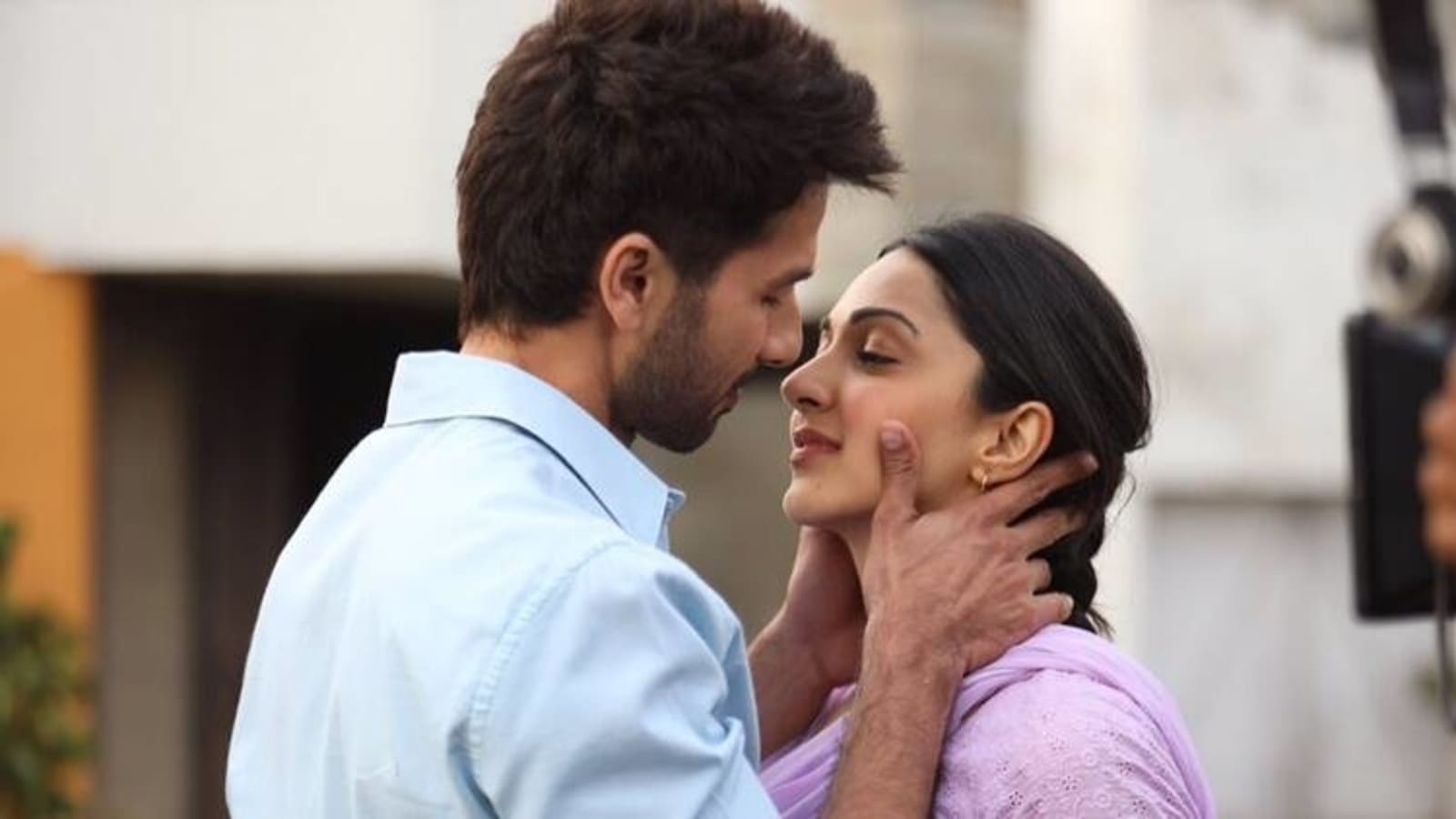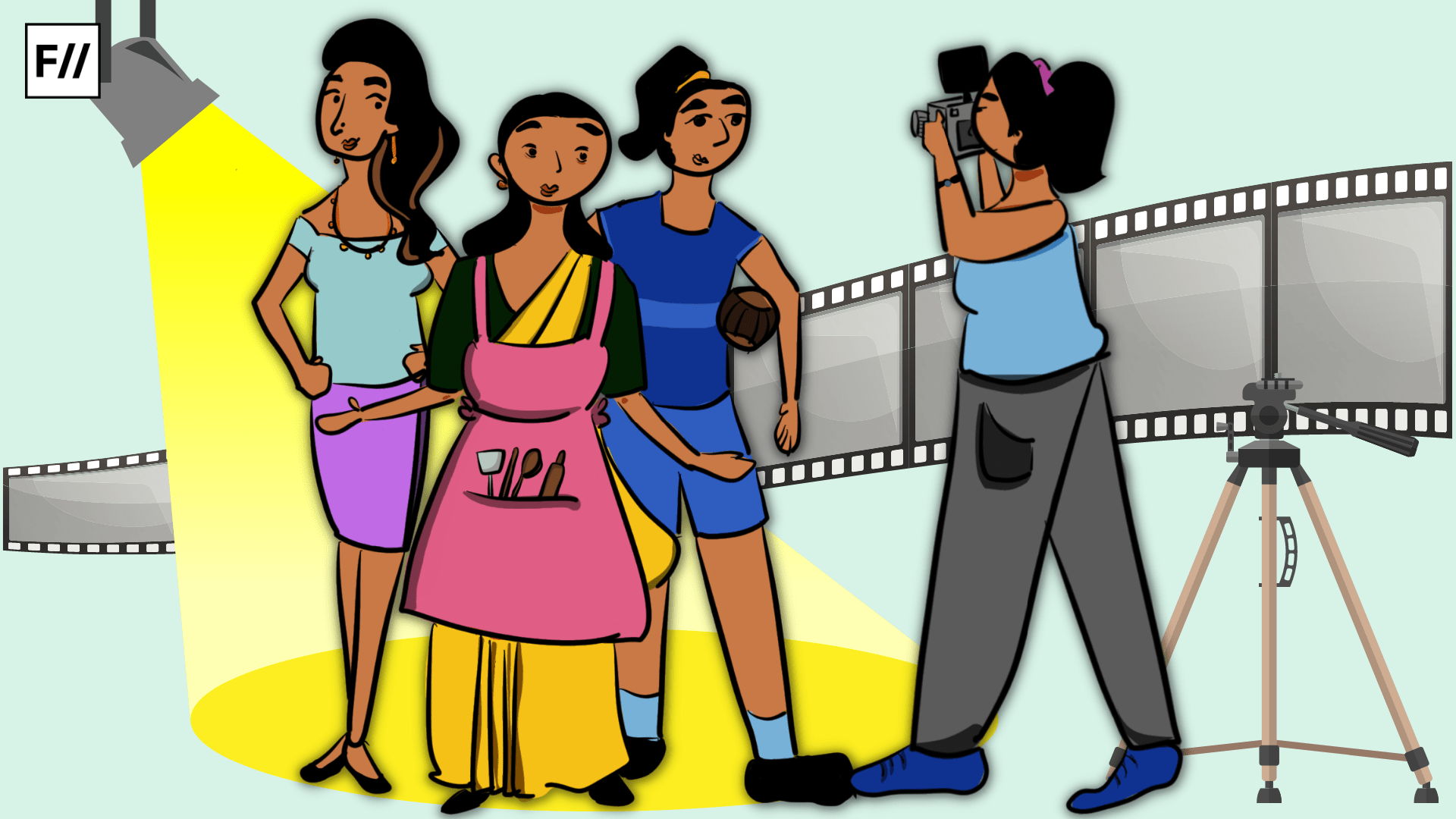For generations, Indian films have played an active role in propagating toxic masculinity and normalising ideas such as that the stalker would end up with the girl who is being stalked, because that is love. In 2015, an Indian man charged with stalking a woman defended himself in an Australian court by citing how Bollywood films taught him that stalking a girl would make her fall in love with him.
When we think about the male protagonist of a Bollywood film, the adjectives that come to our minds are – handsome, strong, righteous and most importantly, holier-than-thou. They are all about saving the girl, beating up the bad guys and riding the high horse of morality. Amidst this packaging of valour, chivalry and supposed love, we often forget that hero’s actions are driven by only one thing – his ego.
But in the recent years, ever since women writers and women directors have started making more films, the image of the “typical Bollywood hero” has also undergone a transformation. The onus of fixing everything wrong in society doesn’t fall solely on their shoulders and their character arcs incorporate more fragile and vulnerable emotions – emotions that have for long been associated with the heroines, like sensitivity, patience and nurture, among others.

Sandeep Reddy Vanga’s Kabir Singh lays his claim on a girl he likes by warning a group of strangers to keep away from her, because she is ‘his girl‘, even before asking her whether she also reciprocates his feelings. He does not care whether she likes him or not. In fact, in his perspective, he is entitled to her love – he is a surgeon, a topper, a football player, beats bad guys and is immensely rich – the perfect poster boy for romance! How could she not like him back?
I have never understood how this qualifies as a romantic film. Kabir manipulates her and the girl has no voice. For the first half of the film, she barely has dialogues. To top it all, he slaps her just like that, and believes that is normal. Despite, she pines for him and begs for his attention.
Change in lens and creative sensibilities is evident when female writers take charge of content. They position characters of all genders in spaces that are telling of how patriarchy and assigned gender roles make it extremely difficult for individuals to navigate their life choices. The women written by women are not just hyped up, sexual objects but people with lives. Even when they are sexual, they own it and do not perform it for the male gaze. The representation of men is also quite forthcoming of the kind of empathy and allyship we can be capable of cultivating, if we can unlearn patriarchy’s lop sided power dynamics
This film is problematic on a lot of levels and though people defend it by saying, “It’s just a work of fiction”, we must remember that the characters portrayed in any work of art have their inspiration set in the real world. In addition, because of the reach of Hindi films, a lot of people are influenced by the ideas they convey. Like in the aforementioned film, glorification of an egoistic, selfish, conceited and alcoholic man many to justify their crude behaviour and in turn prompt young, impressionable people to accept this as a legitimate expression of love.
Also read: Female Rage Through Male Gaze: A Feminist Critique Of Quentin Tarantino’s Kill Bill

In contrast to Kabir Singh, we have Sunny Gill (Farhan Akthar) from the movie Dil Dhadakne Do, directed by Zoya Akhtar. His fitting reply to Manav (Rahul Bose) is still my most favourite answer to patriarchy in a mainstream film. Sunny is everything the society doesn’t want in a man- he doesn’t fight aggressively for his love, instead focuses on his career so that he is independent enough to speak to her parents with dignity, he is proud of Ayesha (Priyanka Chopra), her company, and the career woman she has made herself to be. Though the film may have its shortcomings, the fact that it was written by Zoya Akhtar and Reema Kagti, two women, definitely has a huge influence on its lens of masculinity.
Most men in the narrative are grey, vulnerable, and there is a certain sense of sensitivity which is very removed from the toxic hyper masculine portrayal in Kabir Singh. The film also critiques the belief that the son is the only rightful heir of a family business, irrespective of his interest or capability. The contrast between Kabir (Ranveer Singh) and his sister Ayesha in Dil Dhadakne Do is reflective of the biases that the society views women with. While the former has no thorough knowledge of how to run a company or even head a meeting, Ayesha builds her own company from scratch and yet she is not seen as deserving of being involved in her father’s business because she is married and doesn’t share the same surname anymore!
Furthermore, Kabir’s character is reflective of the burden that men are forced to bear in a patriarchal society that glorifies hyper masculinity. It portrays how men are constantly under pressure to fulfil their family’s expectations and how more often that not, it even takes a toll on their self-worth.
When women occupy decisive positions in creative pursuits like films, the exercise also becomes about the subversion of gaze. For centuries, women have been judged, corrected, punished and seen from the “male gaze”. When women themselves take control of the narrative, it becomes more experiential and revealing of the female experience. Recent films and shows like Konkona Sen Sharma’s A Death In The Gunj, Juhi Chaturvedi’s men in Piku, Phoebe Waller Bridge’s Fleebag, Céline Sciamma’s Portrait of A Lady On Fire are a few examples of how narratives change drastically when women get to tell their stories, from their own perspective without appropriation. The male urge to sexualise and objectify women is also toned down, giving more character to the women on screen, rather than placing them to only accentuate the male lead
Change in lens and creative sensibilities is evident when female writers take charge of content. They position characters of all genders in spaces that are telling of how patriarchy and assigned gender roles make it extremely difficult for individuals to navigate their life choices. The women written by women are not just hyped up, sexual objects but people with lives. Even when they are sexual, they own it and do not perform it for the male gaze. The representation of men is also quite forthcoming of the kind of empathy and allyship we can be capable of cultivating, if we can unlearn patriarchy’s lop sided power dynamics.

People of varied genders view and experience the world differently. That reflects in creative pursuits as well, as is evident. This is not only limited to portrayals of relationships, but also other equations like friendship, work place environment, bodily rights, representation of intimacy, and the like. While a film like Pyaar Ka Punchnama, written by and for the male conscience picturises male friendship as a space that is limited to conversations on alcohol and female partners who nag men, a film like Zindagi Na Milegi Dobara with a screenplay written by women also explores the vulnerabilities and conflicts in male friendships.
If we were to look into how heartbreak is depicted in films, we have Raanjhana in which one person’s unrequited love leads to the destruction of three lives, and Ae Dil Hai Mushkil in which the male lead who is essentially a man-child, just doesn’t seem to understand that the girl is not interested in him. On the other hand, we have Meghna Gulzar’s Raazi, where the married couple so in love must put their respective nations before each other, and choose to do this without being blinded by aggression or emotions of anger and revenge. In Gauri Shinde’s Dear Zindagi, Jehangir (Shah Rukh Khan), the therapist is determined to keep the relationship strictly professional and refuses the girl’s romantic requests with due respect, instead of resorting to any means of violence.

When women occupy decisive positions in creative pursuits like films, the exercise also becomes about the subversion of gaze. For centuries, women have been judged, corrected, punished and seen from the “male gaze”. When women themselves take control of the narrative, it becomes more experiential and revealing of the female experience. Recent films and shows like Konkona Sen Sharma’s A Death In The Gunj, Juhi Chaturvedi’s men in Piku, Phoebe Waller Bridge’s Fleebag, Céline Sciamma’s Portrait of A Lady On Fire are a few examples of how narratives change drastically when women get to tell their stories, from their own perspective without appropriation. The male urge to sexualise and objectify women is also toned down, giving more character to the women on screen, rather than placing them to only accentuate the male lead.
Sometimes, even women led creative franchises mimic the male gaze and follow stereotypes in their execution. But we have definitely come a long way in terms of having more number of women occupy decisive positions in story telling and there is increased diversity in characterisations the creative arts. Despite, this shift is still not adequate or representative of intersectional identities. Though we live in promising times with respect to the gender lens in content, we must keep pushing until toxic gender assignments no longer colour or appropriate the patterns of story telling.
Also read: Male Gaze In Visual Media: The Fetishisation Of Women And Queer Characters On Screen
Taanya is currently pursuing her Master’s degree in English Literature from Jamia Millia Islamia, New Delhi. Feminist Studies and Postcolonial Studies pique her interest. She reads all genres but has a special liking for LGBTQ literature and women’s writings. Her other obsessions include street food and strong coffee
Featured Image: Ritika Banerjee for Feminism In India
About the author(s)
Taanya is currently pursuing her Master’s degree in English Literature from Jamia Millia Islamia, New Delhi. Feminist Studies and Postcolonial Studies pique her interest. She reads all genres but has a special liking for LGBTQ literature and women’s writings. Her other obsessions include street food and strong coffee





Amazing article 👏
Great👍